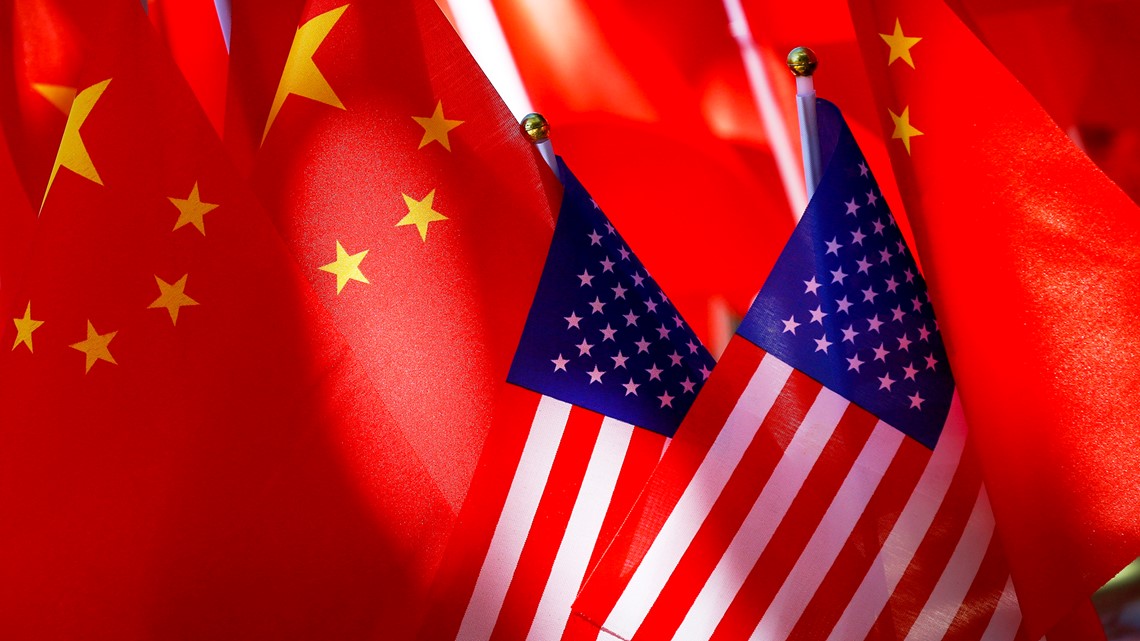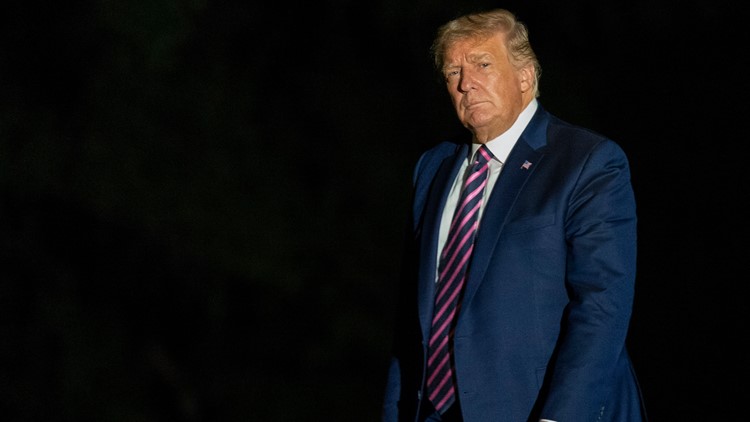GENEVA, Switzerland — The World Trade Organization said Tuesday that Trump administration tariffs on Chinese goods totaling more than $200 billion are illegal under the rules of the global trade body.
The decision marks the first time the Geneva-based trade body has ruled against a series of tariffs that President Donald Trump's government has imposed on a number of countries, allies and rivals alike.
Trump has repeatedly criticized the WTO, which oversees international disputes on trade, for allegedly treating the U.S. unfairly.
In its decision, the WTO ruled against the Trump administration's argument that China has engaged in practices harmful to U.S. interests, on issues including intellectual property theft, technology transfer and innovation.
The ruling, in theory, would allow China to impose retaliatory tariffs on billions worth of U.S. goods - if the process is completed. But the U.S. government can appeal the decision announced by the WTO’s dispute settlement body, and the WTO's appeals court is currently no longer functioning - largely because of Washington’s single-handed refusal to accept new members for it.
The U.S. tariffs target two batches of Chinese products. Duties of 10% were imposed on some $200 billion worth of goods in September 2018, and were jacked up to 25% eight months later. An additional 25% duties were imposed in June 2018 against Chinese goods worth about $34 billion in annual trade.
The administration has justified the sanctions under Section 301 of the Trade Act of 1974, a common tool used by the government to impose sanctions. The U.S. argued that China’s actions had amounted to “state-sanctioned theft” and “misappropriation” of U.S. technology, intellectual property and commercial secrets.
The WTO panel ruled that the U.S. measures violated longstanding international trade rules because they only applied to products from China, and that Washington had not adequately substantiated its claim that the Chinese products hit with the extra duties had benefited from the allegedly unfair Chinese practices.





